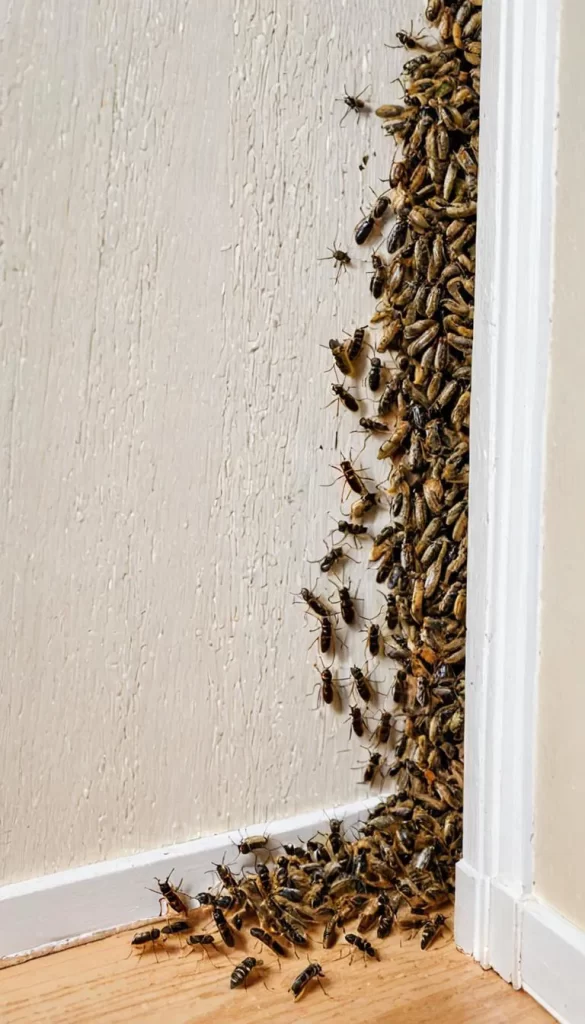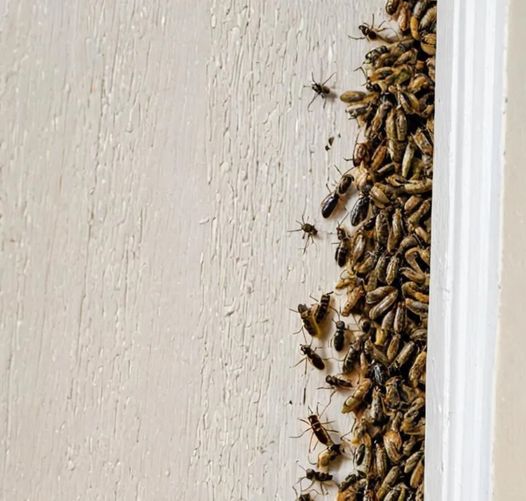Keeping insects out of your kitchen naturally can be achieved using various eco-friendly and non-toxic methods. These methods are not only safer for you and your family but also environmentally friendly. Here are some effective natural strategies:
1. Maintain Cleanliness
- Regular Cleaning: Keep counters, floors, and cabinets clean. Wipe up crumbs, spills, and food residues immediately.
- Proper Food Storage: Store food in airtight containers to prevent attracting pests. This includes grains, flours, snacks, and even pet food.
- Waste Management: Dispose of garbage regularly and use a trash can with a tight-fitting lid.
2. Natural Repellents
- Essential Oils: Certain essential oils like peppermint, eucalyptus, lavender, and citronella are natural insect repellents. Mix a few drops with water and spray the solution around your kitchen. Focus on entry points like doors, windows, and cracks.
- Vinegar: Use a vinegar solution (equal parts water and white vinegar) as a cleaning agent. It not only disinfects but also deters ants and other insects.
- Citrus Peels: Placing citrus peels (like lemon or orange) near windowsills or doors can repel insects, as many bugs dislike the smell.

3. Natural Deterrents
- Diatomaceous Earth: This natural powder is made from fossilized aquatic organisms. Sprinkle it in areas where insects frequent, such as under sinks or around baseboards. It dehydrates and kills insects upon contact.
- Cinnamon and Bay Leaves: Place bay leaves in pantry corners or sprinkle cinnamon in cupboards to deter ants and other pests.
- Coffee Grounds: Spread used coffee grounds around areas where insects enter. The strong smell can keep them away.
4. Plants that Repel Insects
- Herbs: Growing herbs like basil, mint, rosemary, and thyme in your kitchen can help repel insects. These plants release natural fragrances that deter pests.
- Marigolds and Lavender: These flowers not only beautify your space but also keep insects like mosquitoes and flies away.
5. Seal Entry Points
- Inspect your kitchen for cracks, holes, or gaps around windows, doors, and walls. Seal these entry points with caulk or weather stripping to prevent insects from entering.
6. Homemade Traps
- Fruit Fly Trap: Create a trap using a jar with a little apple cider vinegar and a few drops of dish soap. Cover the jar with plastic wrap, poke a few small holes, and watch as fruit flies are attracted and trapped.
- Ant Bait: Mix equal parts sugar and borax, place it in shallow containers, and leave them where you notice ant activity. The sugar attracts the ants, and the borax kills them.
7. Keep Your Sink Dry
- Many insects, including cockroaches, are attracted to water. Ensure your sink is dry when not in use and fix any leaks promptly.
8. Use Natural Predators
- If you’re comfortable with it, natural predators like spiders can help control insect populations. However, ensure they aren’t venomous or harmful.
By integrating these natural methods into your kitchen routine, you can effectively keep insects at bay without relying on harsh chemicals or pesticides
